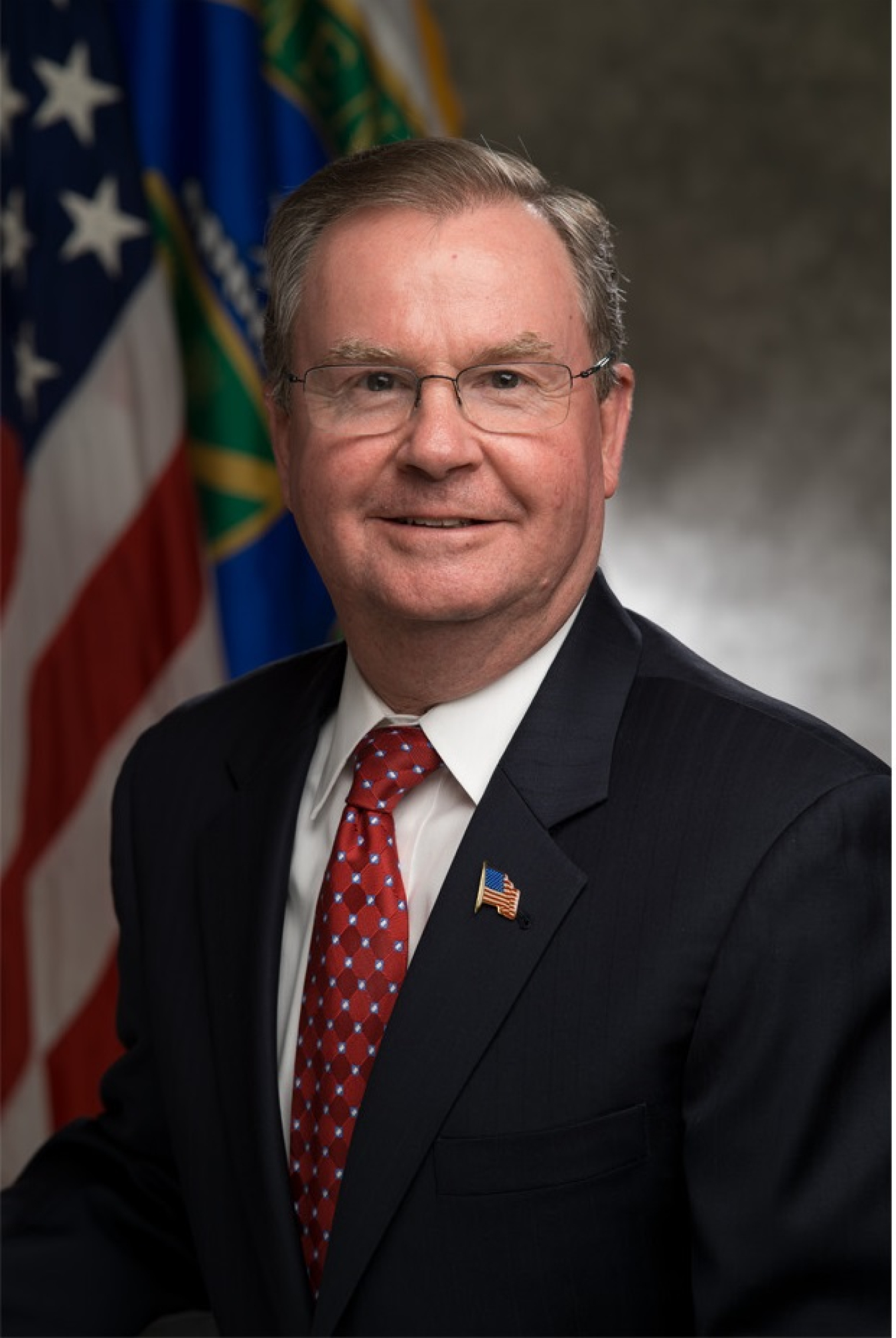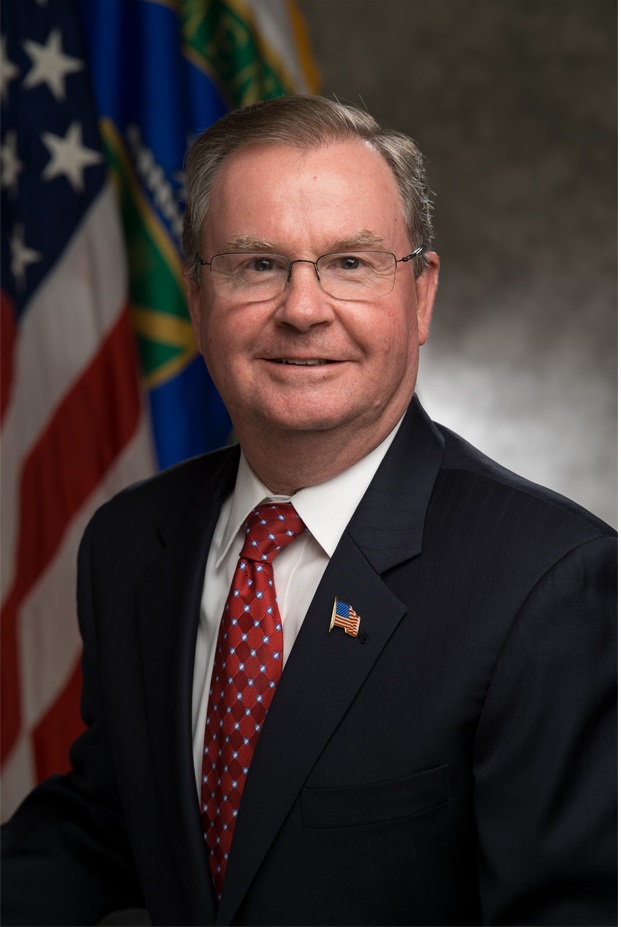Remarks of ASFE Steven Winberg as prepared at the 2nd Hydrogen Energy Ministerial Meeting.
Hydrocarbons and Geothermal Energy Office
October 1, 2019Remarks of Assistant Secretary for Fossil Energy Steven Winberg as prepared at the 2nd Hydrogen Energy Ministerial Meeting in Tokyo, Japan on September 25, 2019.
Thank you.
I’m honored to represent the United States and the U.S. Department of Energy here today, and to discuss my Department’s efforts to realize the full potential of hydrogen energy. I know Japan and several countries here have been working closely with DOE on this topic and we appreciate this close collaboration.
Hydrogen can clearly contribute to creating a promising energy future, one that is prosperous and clean, and secure – for all our nations.
In the U.S., The U.S. is now the world's largest producer of oil and natural gas, exporting LNG to 36 countries – including to some of yours. And we’re pursuing a comprehensive energy strategy to ensure affordable, secure and clean energy from diverse domestic resources. Hydrogen is one component of that strategy – and it will be an important part of our energy future.
As I mentioned earlier this morning, early markets are starting to take off and we have 26,000 fuel cell forklifts at major companies in the U.S., with more than 20 million hydrogen fuelings to date.
We also have over 7,500 fuel cell vehicles in the U.S. and other applications, like heavy duty trucks, stationary power for data centers, marine applications, and energy storage, which are getting underway.
One of the challenges, however, is the cost of producing, delivering, storing, and utilizing hydrogen. So, a key goal is to help drive down cost and facilitate the broader use of hydrogen. And to do that, we must continue R&D as well as scale up the technologies.
As Deputy Secretary Dan Brouilliette stated last year at the first HEM, it is important to have concrete actions to meet our goals. So, we are pleased to see the concrete actions proposed in the Global Action Agenda at this Ministerial.
And we’re also pleased that H2@Scale and many of our activities already align well with several areas in the Global Action Agenda being discussed here today.
We believe that we must continue the research and development, while at the same time leveraging the private sector to accelerate demonstration and deployment and reduce regulatory barriers.
So, there is more work to be done. And that’s why international collaboration is so important.
We have had strong international partnerships with many of you here over the last two decades and that collaboration will be even more critical as we move forward.
As I mentioned earlier, we have had a long-standing, working level partnership through the IPHE and we look forward to leveraging it and other partnerships to start implementing relevant actions from the Global Action Agenda. We also look forward to exploring new opportunities and pathways for collaboration through the IPHE, and in support of other partnerships.
And, indeed, there are several new partnerships on hydrogen, including the Clean Energy Ministerial hydrogen initiative led by Canada; Mission Innovation, led by Australia; and the Hydrogen Energy Ministerial, led by Japan, here today.
We need cohesive and effective efforts as we move forward, so we certainly look forward to supporting our partners to leverage activities, and to avoid duplication.
And we look forward to developing and implementing concrete actions to support our mutual goals. The Global Action Agenda provides strong examples of concrete actions to accelerate progress, and we would like to see programs and initiatives put in place to start addressing these actions and report back at future such events.
So, the United States is committed to forging strong international partnerships to accelerate progress in hydrogen technologies. We’re eager to deepen that collaboration, and we look forward to working with you to advance hydrogen and fuel cell technologies and pave the way to a future of opportunity and prosperity.
Thank you.
Steven Winberg

Steven Winberg, Assistant Secretary for Fossil Energy
Steven Winberg served as Assistant Secretary for Fossil Energy. He was responsible for the management and oversight of FE’s research and development program, encompassing coal, oil, and natural gas, as well as the Office of Petroleum Reserves.
Mr. Winberg has 39 years of experience in the energy industry. He began his career at the engineering firm Foster Wheeler as an engineer on coal-fired utility boilers. From there, he spent 14 years with Consolidated Natural Gas working in a variety of positions before becoming Vice President for CONSOL Energy Research & Development. Immediately prior to coming to DOE, Mr. Winberg served as a Senior Program Manager at Battelle Memorial Institute.
Over the span of his career, Mr. Winberg has participated in a number of policy and energy initiatives. He has also gained extensive experience in numerous energy technologies, including advanced fossil energy combustion, coal-to-liquids, fluidized bed combustion, emulsified fuels, fuel cells, alternative fuel vehicles, and carbon utilization.
Mr. Winberg received a bachelor’s degree in nuclear science from the State University of New York Maritime College in 1978 and an MBA from the University of Pittsburgh in 1991.


